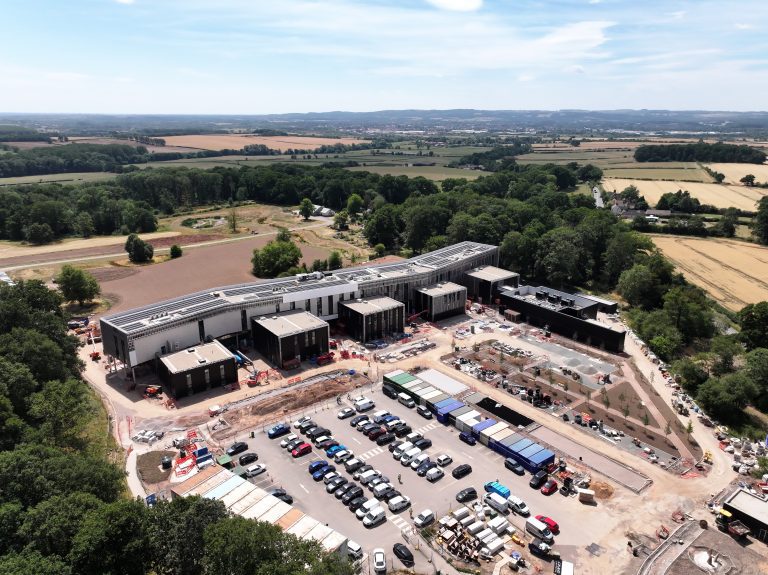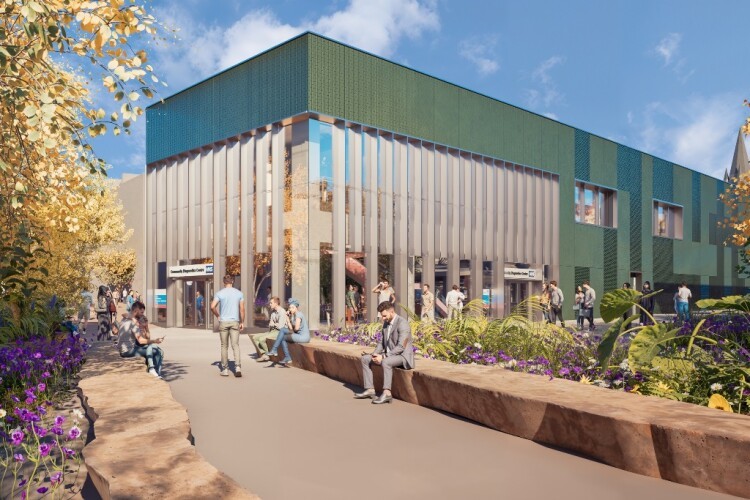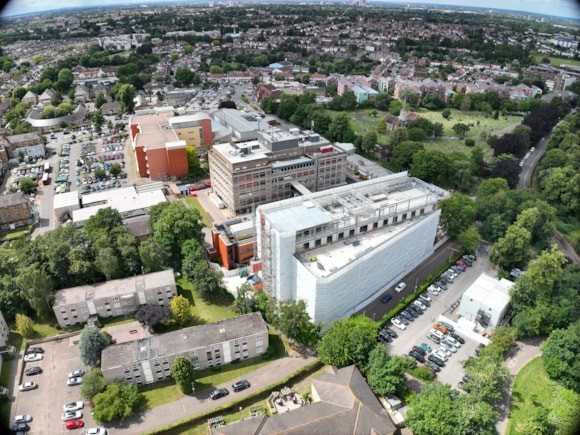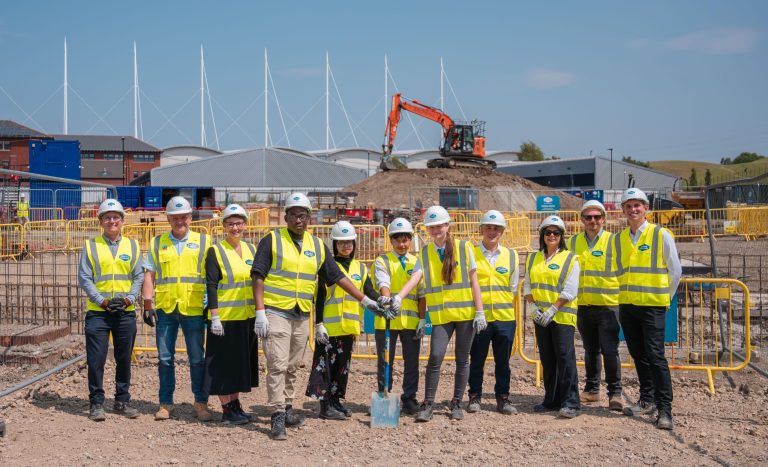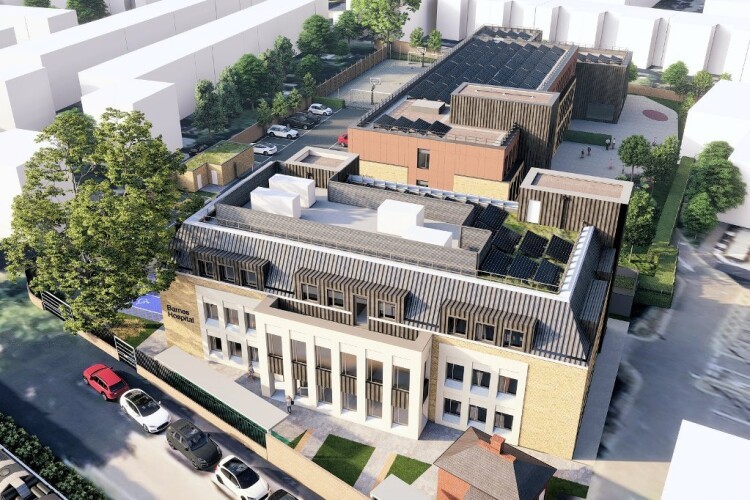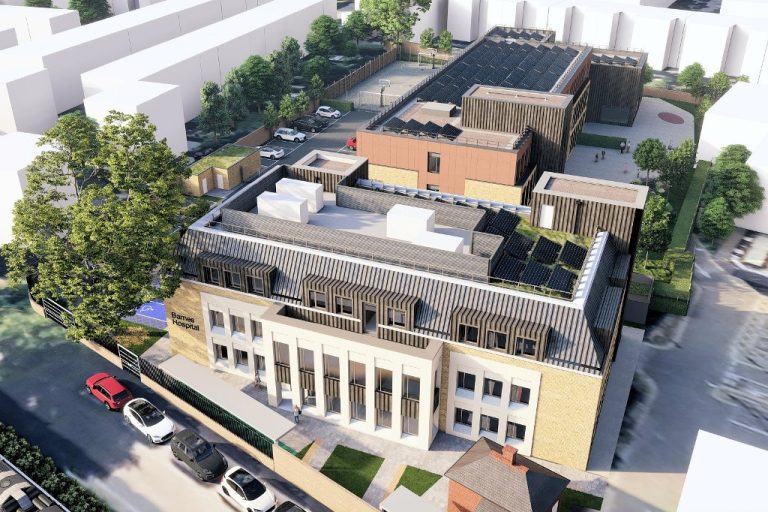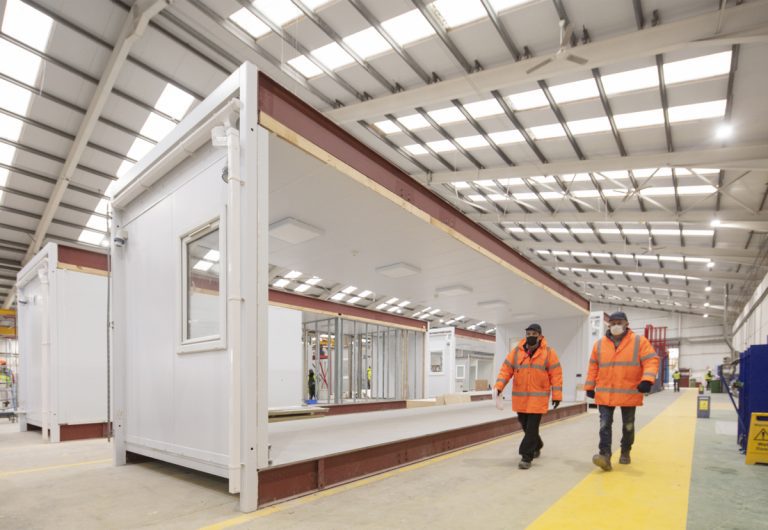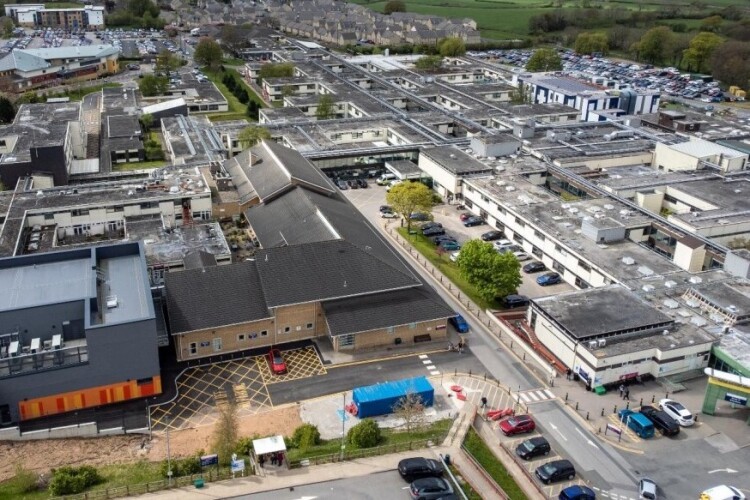A significant milestone was reached at West Middlesex University Hospital with the topping out ceremony of the new £80 million Ambulatory Diagnostic Centre (ADC). The event, held on 2nd July, marked the completion of the main structure of this transformative healthcare project being built by Bouygues UK, set to enhance diagnostic and treatment services in the local community. Designed to be an all-electric, sustainable building, the ADC will deliver essential diagnostic and treatment services for cancer, renal conditions, and imaging, benefiting residents of Hounslow, Richmond, and Ealing. The ADC aims to address health inequalities by doubling capacity for renal and cancer services, ensuring local access to critical treatments sooner. Enhancements include increasing chemotherapy chairs from 10 to 18, allowing for approximately 3,000 more cancer treatments over the next decade, and doubling dialysis chairs from 12 to 24, significantly boosting renal service capacity. The new facility will also house a state-of-the-art education and training centre, reinforcing the Trust’s commitment to enhancing the skills of its staff and recruiting top talent to continue delivering exceptional healthcare services. The project is supported by the Trust’s charity, CW+, which is raising £1.5m to enhance the environment, providing expertise on design and patient experience, and commissioning bespoke artwork for the building. Beyond what Bouygues UK will bring to the healthcare sector through this project lies the promotion of community growth and sustainability. Through partnerships with MITSkills, the London Borough of Hounslow, and JCP Hounslow, the contractor is committed to developing local skills and creating employment opportunities throughout the lifetime of the project. Philippe Bernard, Chair and CEO of Bouygues UK, commented, “I am proud to celebrate the topping out of this pivotal project and would personally like to thank our team and partners. As well as working hard to reach this milestone, they have done an excellent job in fostering skills development and creating sustainable job opportunities for local residents which is sure to leave a lasting legacy in the community.” Lesley Watts, CEO of Chelsea and Westminster Hospital NHS Foundation Trust, which also includes West Middlesex University Hospital site, commented: “The topping of our Ambulatory Diagnostic Centre, marks a significant milestone for West Middlesex University Hospital. The new facility supports our wider vision to deliver high-quality, accessible care closer to home, and we are proud to play a leading role in strengthening and improving NHS services in West London. I would like to thank our teams and partners whose hard work has made this possible, and I look forward to seeing the positive impact that it will have for our patients and staff for years to come.” Bouygues UK has a strong track record in delivering healthcare infrastructure across the UK, including the state-of-the-art Grafton Way Building for University College London Hospitals NHS Foundation Trust, completed in 2022, and the ongoing development of Oriel, a cutting-edge integrated eye care, research and education centre. Building, Design & Construction Magazine | The Choice of Industry Professionals
